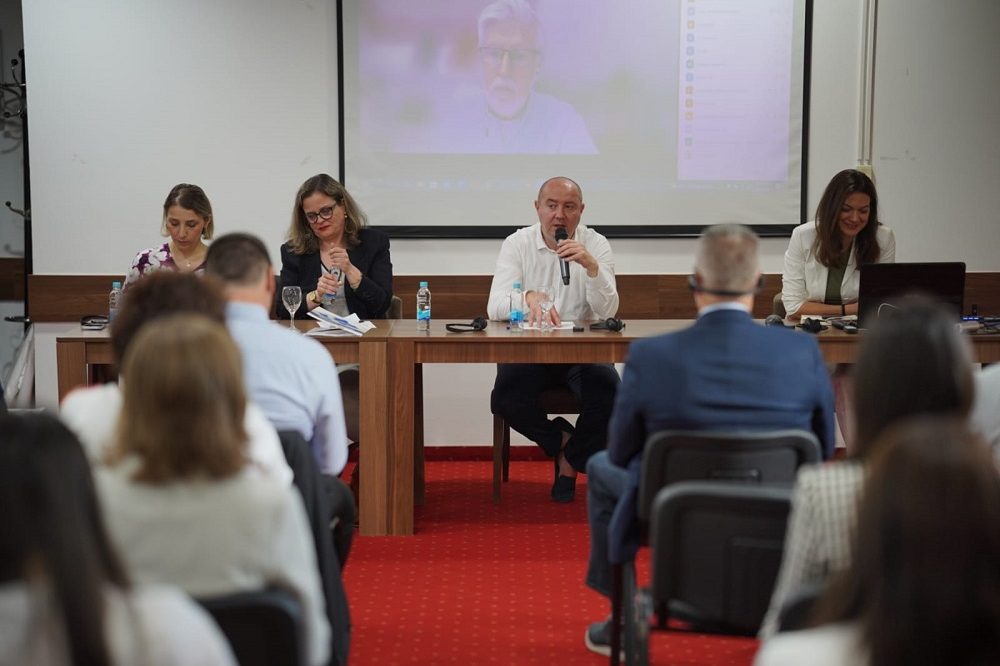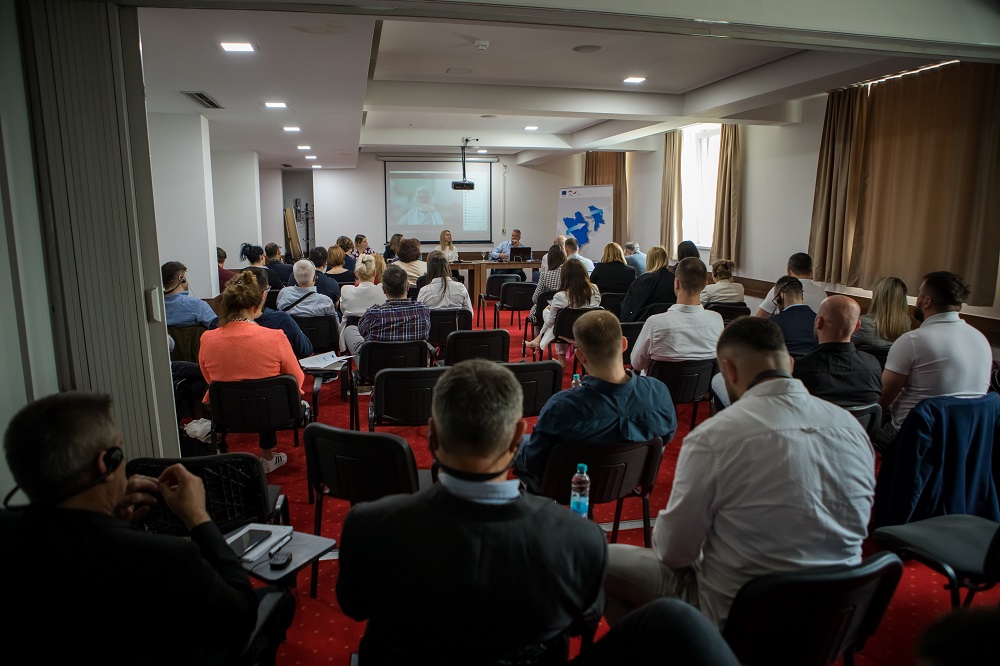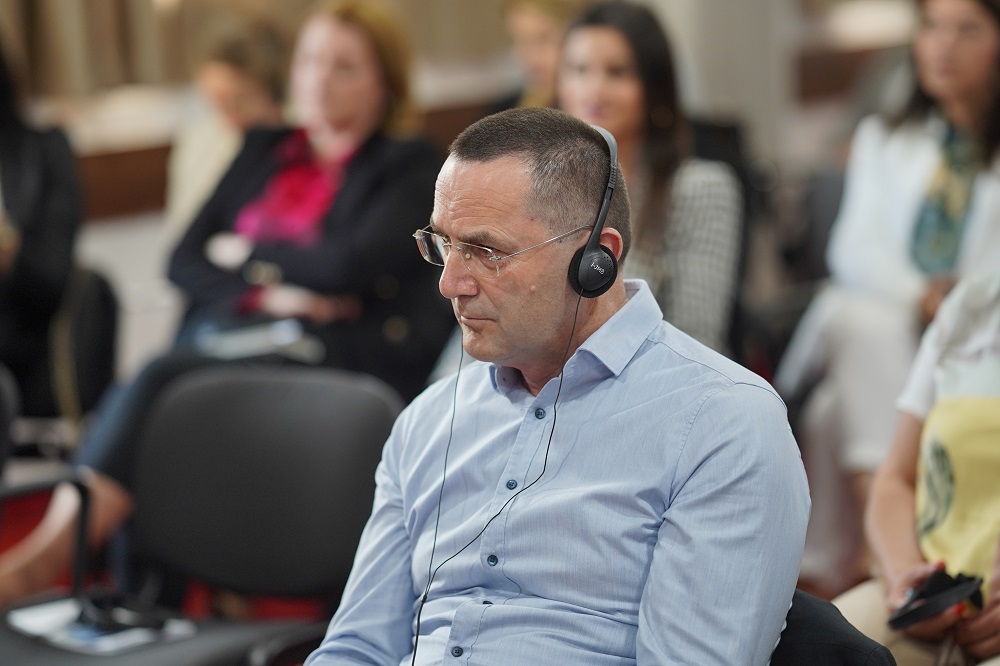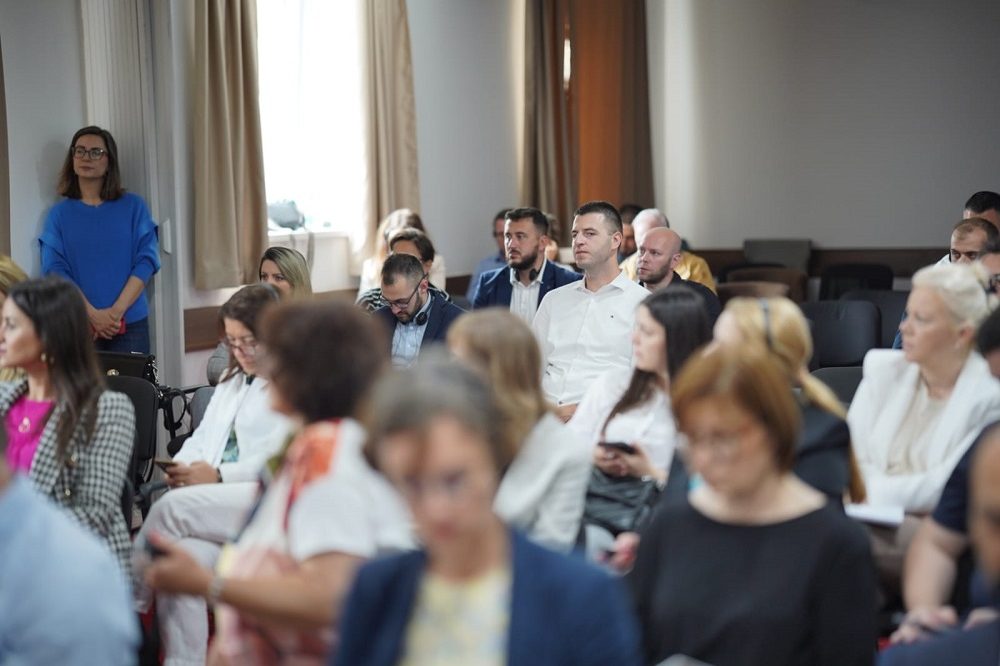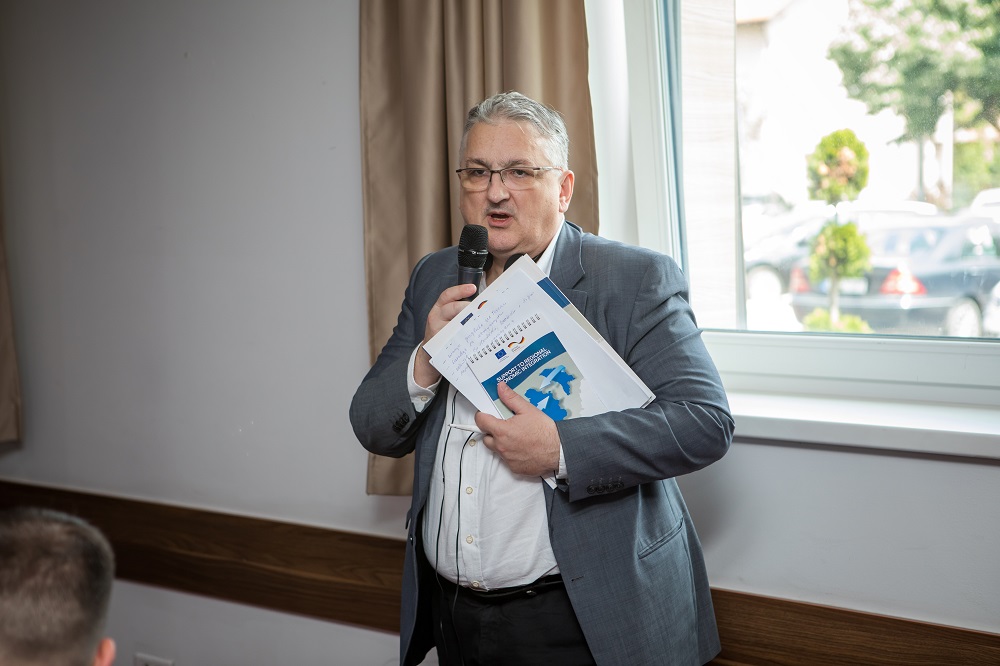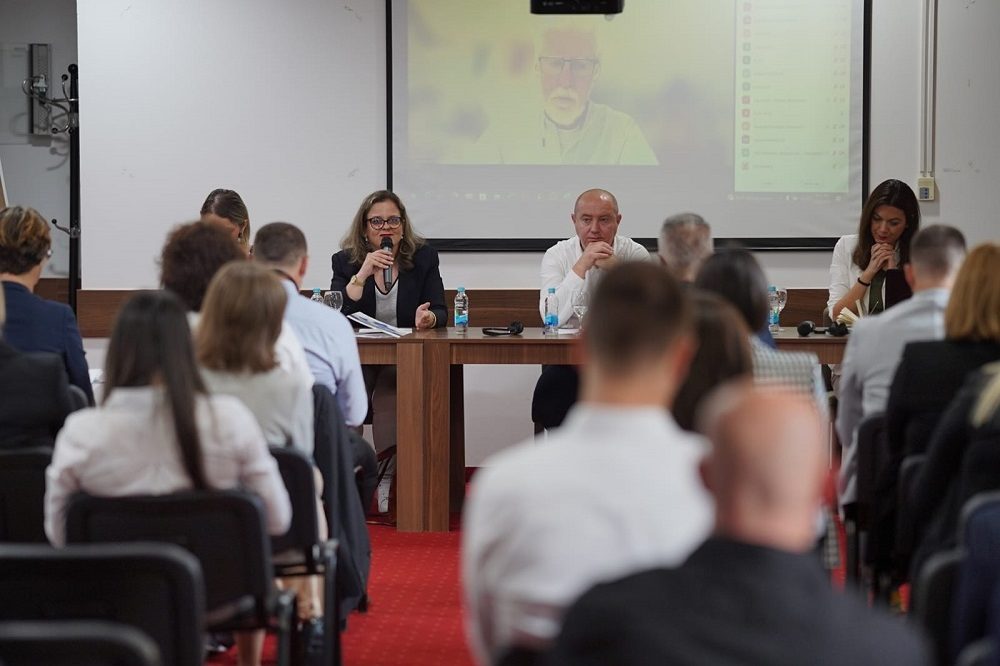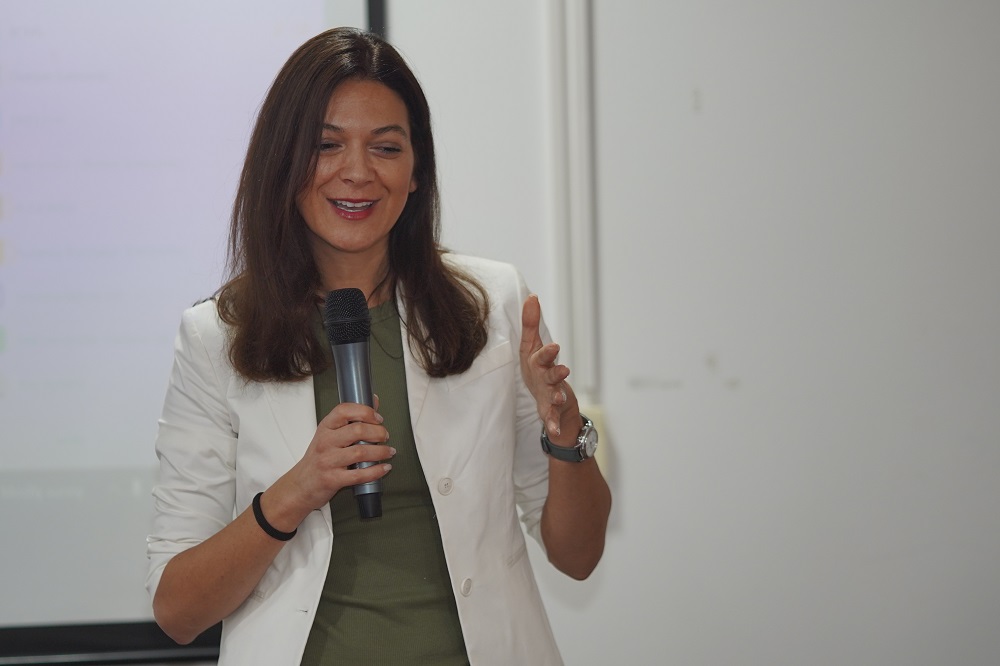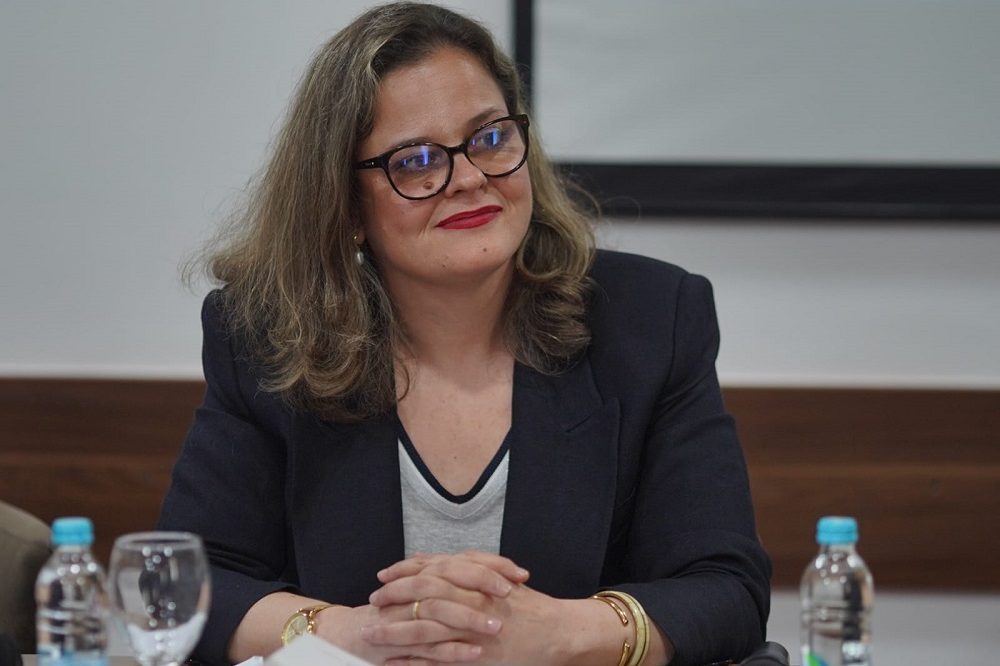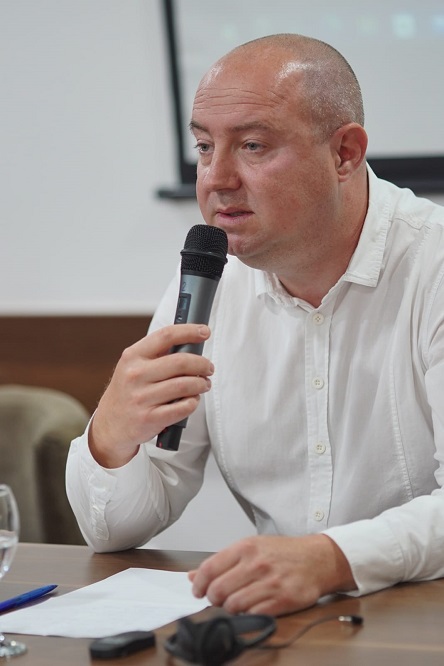The cooperation between the companies and Customs administrations from the region will be improved by establishing of Authorized Economic Operators (AEO) Working Groups that will bring the private sector and other government agencies into its planning and implementation. Such effective cooperation needs to be promoted both nationally and regionally to foster and establish regional harmonization and reduce the burden on both trade and governments. It was agreed on the regional meeting held in Banja Luka, where the AEO Association member companies met the representatives of the Customs administrations from the region to discuss further improvement of the Authorized Economic Operators (AEO) Framework. They agreed that establishing of the AEO Working Groups in each CEFTA party will strengthen the coordination with other border agencies involved in clearance of goods to fasten the implementation of the AEO Framework in all the economies.
The status of Authorized Economic Operators is earned by companies that have achieved a high level of supply chain security standards. This status allows them to have simpler customs procedures and a faster flow of goods when trading with the economies in the region. The whole AEO concept aims on facilitating and improving conditions for trade between the CEFTA economies.
Tanja Bošković, Project Manager at GIZ stated that a key element for the further development of a robust AEO programme is enhancing mutual understanding and trust with private sector as well as increasing the willingness and effectiveness of cooperation with the government agencies involved in clearance of goods. “We believe that a stronger engagement amongst Customs Officials, the Government Agencies and the private sector is essential for the further development of the AEO programme nationally and regionally to ensure that the response to the challenges of each is both efficient and effective. Simplified procedures are not just a Customs concern; other agencies’ concerns and processes should ideally also be factored into the programme and issues solved to everyone’s satisfaction”, she concluded.
Ognjen Alagić, Head of the Department for the AEO at the Customs Administration of Bosnia and Herzegovina emphasized that the Customs of Bosnia and Herzegovina highly appreciates the efforts of all the colleagues from the region and their willingness to contribute to better trading environment in CEFTA economies. He added that cooperation with the private sector is the best way to create solutions that will strengthen the dialogue and trust between both sectors.
Tijana Stefanović, AEO Association President reminded that a lot of work on AEO Framework has already been done in the region, and that the bond between the Customs administrations and the private sector has been already created. “We had an opportunity to perceive the perspectives of both sectors and I am glad that we will now intensify our operational work to strengthen the programmes and make them beneficial for the companies as well as for the governmental institutions dealing with trade”, she added.
This meeting was an excellent opportunity to encourage the private sector and the Customs administrations to invest in further improvement of the implementation of AEO programmes at the regional and national level. It gave significant impulse for the talks on further cooperation with the other governmental institutions dealing with the trade-related issues. It was organized within the scope of the project “Support to Regional Economic Integration”, implemented by Deutsche Gesellschaft für Internationale Zusammenarbeit (GIZ), supported by the European Commission and the German Federal Ministry of Economic Cooperation and Development (BMZ). The partner of the meeting is the USAID/EDGE Project.


